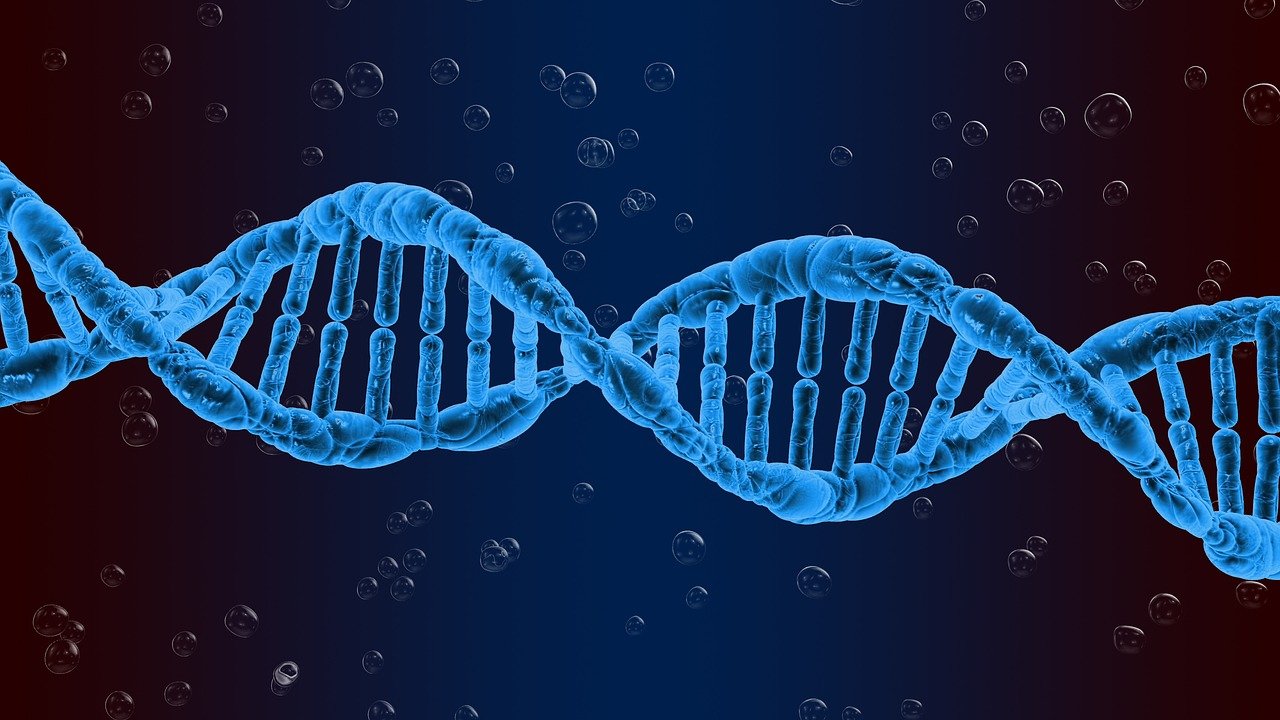|
By Ellen Alt When we hear the word eugenics, we likely think of one of the most expansive and horrific eugenics experiments in history—the atrocity and tragedy of the Holocaust and the human experimentation that occurred at Auschwitz. While we are still reckoning with the Jewish population decrease from the horrors of WWII, this incidence of eugenics is not singular: scientists have perpetuated damage in the form of eugenics before and after the Holocaust, even leading up to the modern day. Eugenics generally refers to the practice of controlling reproduction to produce desired genetic outcomes, with the goal of “improving” the human race. Even though eugenics is unequivocally considered unethical, why is the scientific community so blind to its modern iterations? The origins and history of eugenics outside of the Holocaust were never before covered in my public and undergraduate schooling for biology, yet it is not too late for these schools, institutions, and even individuals such as myself to learn from the past. Francis Galton, researcher on twins and statistical methods, coined the term “eugenics” in 1869. Its Greek roots mean “well-born,” and describes the ideology that society will improve if only its “most fit” members were to have children. The concept had originally gained popularity with interest in animal breeding and Mendel’s relevant genetics experiments with pea plants in 1865. Charles Davenport, another early geneticist, founded the Eugenics Record Office in Long Island in 1910. Over the next 29 years, his laboratory went on with a massive effort to stop reproduction by individuals they deemed unfit based on racism and classism: records were kept on all family members and they labeled and documented anyone who was “affected.” These categorizations were based on the misconceptions that genes were monoliths for traits, as they excluded the consideration of epigenetics as a factor. This faulty science does not excuse their work, nor did it stop eugenics from continuing on even after the incorrect science behind eugenics was revealed. The United States has a long, continuing history with eugenics. The state of California’s robust legal eugenics program served as a blueprint for Hitler’s horrific program at Auschwitz and sterilized 20,108 people before 1964, 60 percent of whom were considered mentally ill. This accounted for one-third of all United States sterilizations. Paralleling California’s program, 32 states along the East Coast mandated the sterilization of 65,000 people before 1974 in the name of solving “poverty and illegitimacy,” misspellings of racism, classism, and ableism. Just one state, North Carolina, compensated for the damage via reparations of $20,000 to 220 living victims—why haven’t the other state assemblies done the same? Threading through history is reproductive-based misogyny. Margaret Sanger founded Planned Parenthood, a revolutionary center for reproductive and familial health. Yet she participated in the eugenics movement of the 1920’s which supported population control by targeting racial groups that it deemed inferior—participation which current leaders of the organization have denounced. However, other organizations have been perpetrators of eugenics and racism as well: the Ford and Rockefeller Foundations held mass sterilization programs in countries such as India in the 1960’s and 1970’s, the L.A. County Hospital forcibly sterilized Latinx people in the mid-twentieth century, and doctors at the ICE Detention Center in Georgia performed non-consensual hysterectomies and other surgeries against women in their facility for the past three years. Some of these groups have apologized but mere apologies will neither change nor challenge the continuation of eugenics throughout history—all execute violence against women’s bodies couched in scientific terminology, and the mere existence of these incidents in our modern times shows that not enough is being done to stop these modern iterations of eugenics. Scientists and leaders must do more in the name of accountability and justice for those hurt. Despite our past and present, the future and its technologies do not bode well for eliminating eugenics. As we learn more about genes and how to modify them with gene-splicing and regulation systems such as CRISPR, scientists are proposing the selection of genes that allow parents to choose desired traits for their child. Given societal standards, the money and resources required for picking societally advantageous traits leave families without the same resources or with societally unfavorable traits in the dust. In late 2019, we saw the first instance of “success” with the concept of designer babies, starting down a dangerous path as this technology becomes more and more of a reality. Chinese scientist He Jiankui genetically manipulated three human embryos, claiming they would be resistant to HIV. He was fined and sentenced to three years in prison, but his reprehensible actions are just a symptom of a society potentially headed down a familiar, dangerous path of eugenics. Cherry-picking traits, ignoring reparations for those hurt by eugenics, and not learning from the past all challenge the trajectory of science, ever-dedicated to progress and new technologies. Yet these new technologies are old, repackaged forms of the same eugenics that threads through time and never disappeared after WWII. Science is never neutral, that we know, but scientists need to live it. The ethical problem of eugenics challenges their self-conception in which science has and always will improve the lives of people. It will never be societal advancement when classism, racism, and ableism are at the core of eugenic “progress.”
0 Comments
Leave a Reply. |
Categories
All
Archives
April 2024
|

